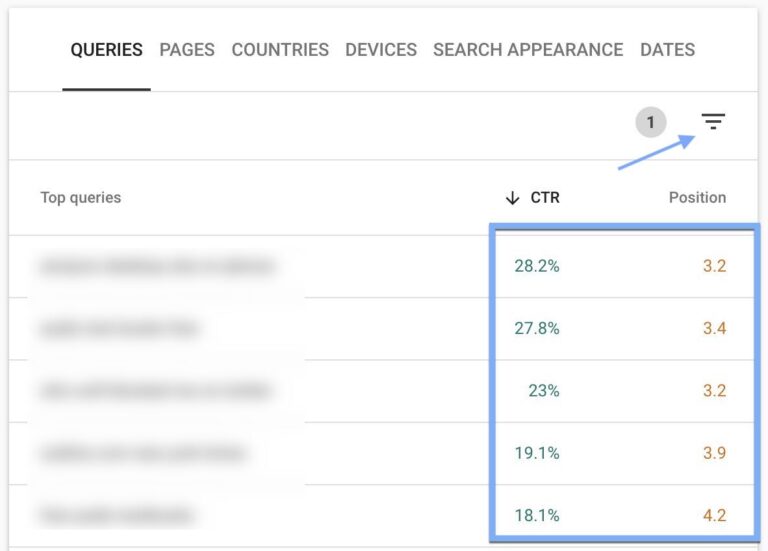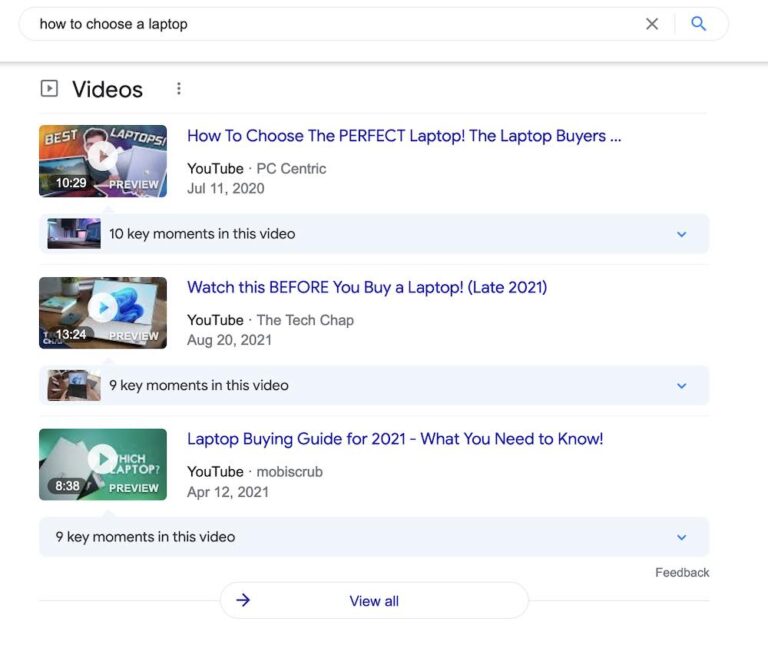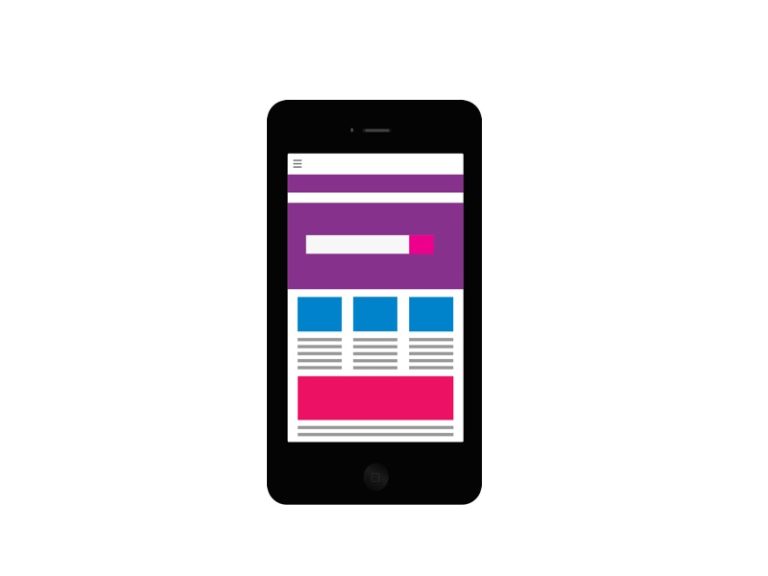– Nii Ahene, Chief Strategy Officer at Tinuiti
Earlier this month, a District Judge ruled in the Apple vs. Epic Games case stating that Apple “must allow app developers to offer links to alternative payment methods in applications sold via the AppStore.” [Source]
Settled in August of 2021, Apple announced the institution of a 0 million Apple Small Developer Assistance Fund and “more open communication between developers and customers regarding alternative payment methods”. Although In-App Communications are still not allowed, small US Developers can expect to receive a minimum of 0 up to ,000.
Apple’s App Store Payments – 3 Major Changes and Why
Overall, our experts feel this is a step in the right direction for developer revenue, but will be interesting to gauge the impact on consumer experience (driven out of App, etc).
“iOS apps must be allowed to direct users to payment options beyond those offered by Apple. The injunction is scheduled to take effect in 90 days — on December 9th — unless it is enjoined by a higher court.” – The VERGE
Epic (Fortnite) confronts Apple with lawsuit on third party payment options
– Nirish Parsad, Head of Technology at Tinuiti
– Liz Emery, Senior Director, Mobile + Ad Tech Solutions at Tinuiti
“These changes are a step in the right direction for rebuilding the relationship between App Developers and Apple itself. It will be interesting to see how Apple continues to respond to criticism from developers around payment options and commission structures in the near future. “
“The true cost to avoid the’ Apple Tax’ is inconvenience. Apple’s recent concessions are a win for developers, but developers may sacrifice a good user experience by directing users off-app to make payments.”
“Apple has shown a willingness to overplay its market position time and time again. It’s refreshing to see that the courts have intervened to bring some semblance of balance to the Apple App ecosystem.”
You can learn more about the recent changes in Apple’s latest press release. But some, including US District Judge Yvonne Rogers, are calling it an “epic fail” that the courts have rejected claims that the App Store is a monopoly. According to analysts, the App Store takes in more than billion a year with a profit margin above 75%.
According to Forbes:
As defined by Apple, Reader Apps may allow a user to access previously purchased content or content subscriptions (including magazines, newspapers, books, audio, music, and video). Following an investigation by the Japan Fair Trade Commission, Apple has since changed its stance and is applying these changes globally. As a result of the lawsuit, brought by U.S. developers against the company over its App Store practices, Apple will implement multiple changes and improvements to the App Store.
Apple allows developers of “Reader” Apps to link from within the app to external sites
Announced on September 10, 2021, the recent ruling in the case of Apple vs. Epics Games allows developers to push consumers to payment methods outside of In-App to avoid commission fees. One of the biggest policy changes is that makers in the U.S. can ask consumers (and provided they give consent) to discuss alternative payment methods.
Apple creates $100M fund to settle developer lawsuit
“The ruling on payments does mark a blow to Apple’s highly lucrative App Store business, which we estimate accounted for about billion in Apple’s FY’20 revenue. It’s probably safe to assume that Apple will lose out on a couple of billions in AppStore-related sales annually, as developers look to steer customers to their own lower-cost payment options.”
Historically, Apple’s payment system has been the only option for developers and as a result the Apple App Store takes a 15% to 30% commission on In-App Purchases.
We spoke with our leading experts to get their take on the latest ruling and how we expect it will impact Apple, developers, and its customers.
In recent years, major app stores like Apple and Google have come under severe scrutiny and the latest pushback from Epic Games is just the tip of the iceberg.
It’s important to note that both Netflix (2018) and Spotify (2019) both removed a user’s ability to pay for premium upgrades from the iOS app and users had to visit the streaming service website in order to upgrade their service. In August 2021, The National Assembly [South Korea] passed new rules that now require App Stores (Apple + Google) to accept alternative payment methods within their App Stores and Marketplaces. According to reports, other regions are looking into similar legislation.






